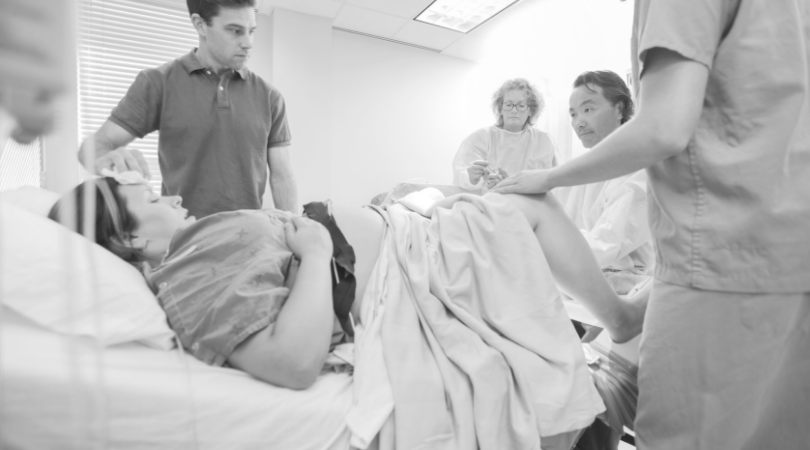It’s no secret that we all poop. Not trying to be gross. We take in food and must eliminate the waste. This is a biologically normal process. In fact, if we didn’t, we would’t be here right now. That being said, why are so many women worried that they will poop when pushing? If you think about it, this is something that we have been taught from a very early age to keep private. But I can tell you two things I’ve learned about pooping and giving birth:
What If I Poop When Pushing?
In over five years in this field, I can tell you a few things about pooping and giving birth:
- It happens
- It’s normal
- It’s not a big deal
Now is this any comfort to you? Probably not. But here are a few things that may ease your mind:
- When labor begins, prostaglandins help to both ripen (soften) your cervix and stimulate your bowels. What does this mean? Your body will likely begin expelling fecal matter before you get to the hospital in preparation for delivery. Pooping in early labor is a great sign that things have started to get moving!
- Your doctor, nurse, and doula have all seen it before. We know this is a normal function – your body needs o make as much space in your lower pelvis for your baby to be delivered so your bowels and bladder will need to be emptied.
- If your nurse thinks you’re going to poop when pushing she will likely direct you to continue to bear down and will wipe you with a chux pad. There is a good chance that you will also be leaking amniotic fluid at this time so you won’t know if it’s amniotic fluid or poop that she’s wiping away.
- You can ask your partner or other support person to focus on your eyes if you end up pooping when pushing if that makes you most comfortable.
If your concern about pooping when pushing is persistent, speak with your doctor or midwife about the possibility of an enema upon admission to the hospital. You need to be comfortable physically and mentally.
Other Blogs You May Like
C Section Recovery
Remember Your Nurses
Prenatal Birth Planning Session
This article is for informational purposes only. It does not take the place of consultation with your healthcare professional.

